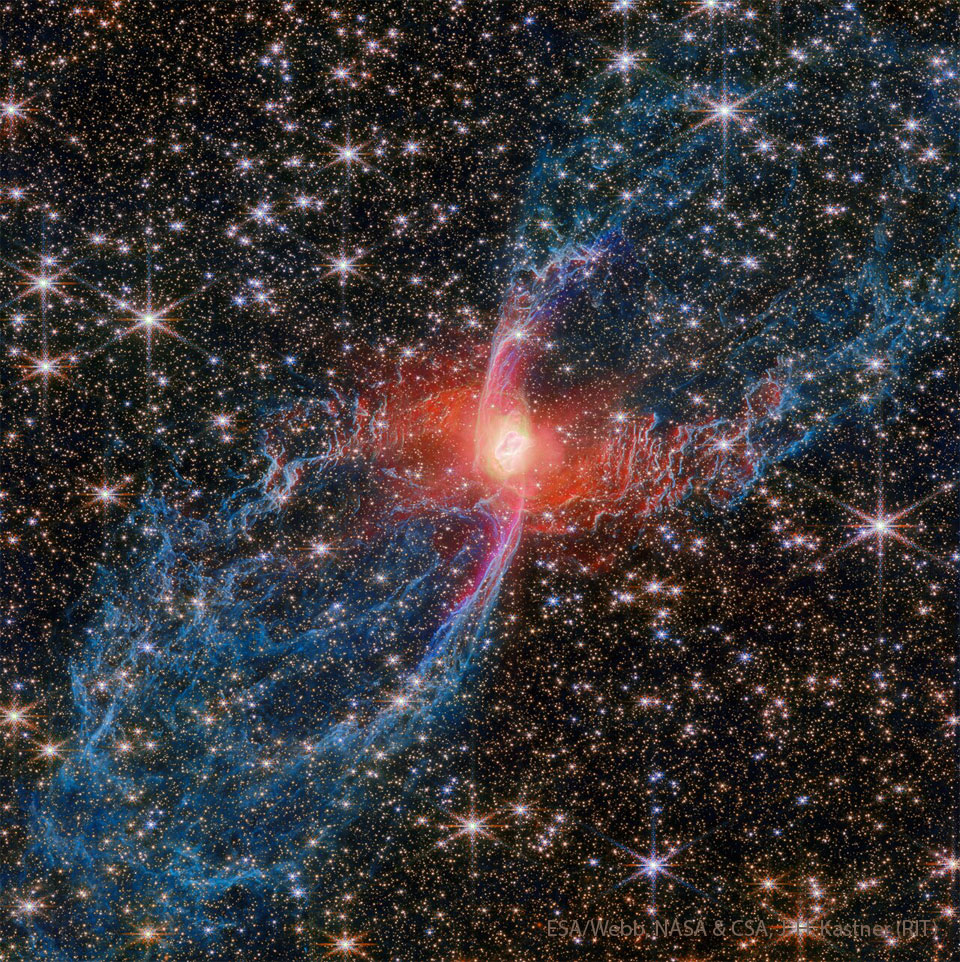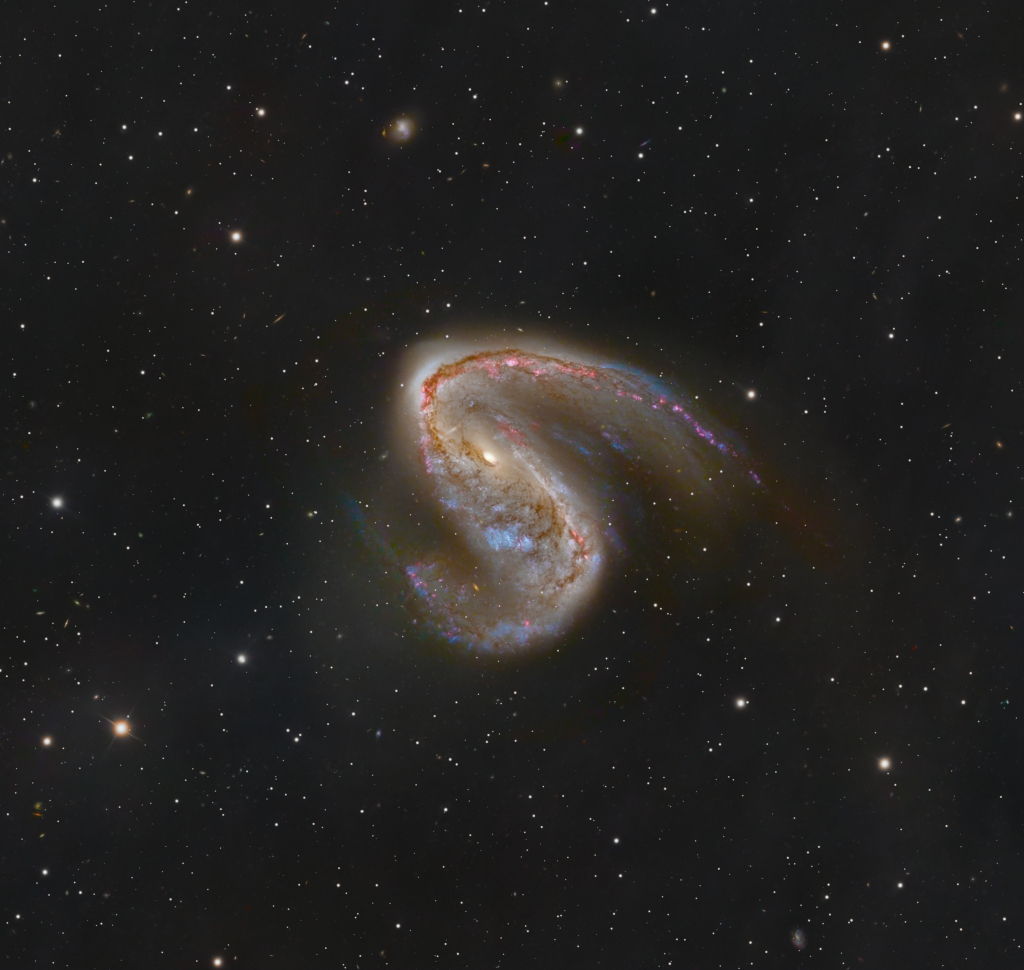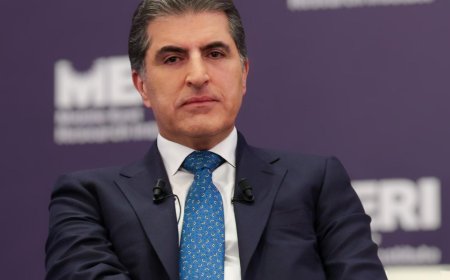The Islamic Republic’s assessment of the Kurdistan Regional Government has progressed from skepticism to a collaborative approach grounded in economic partnership.
Assist Prof. Dr. Seerwan Anwer Majeed,
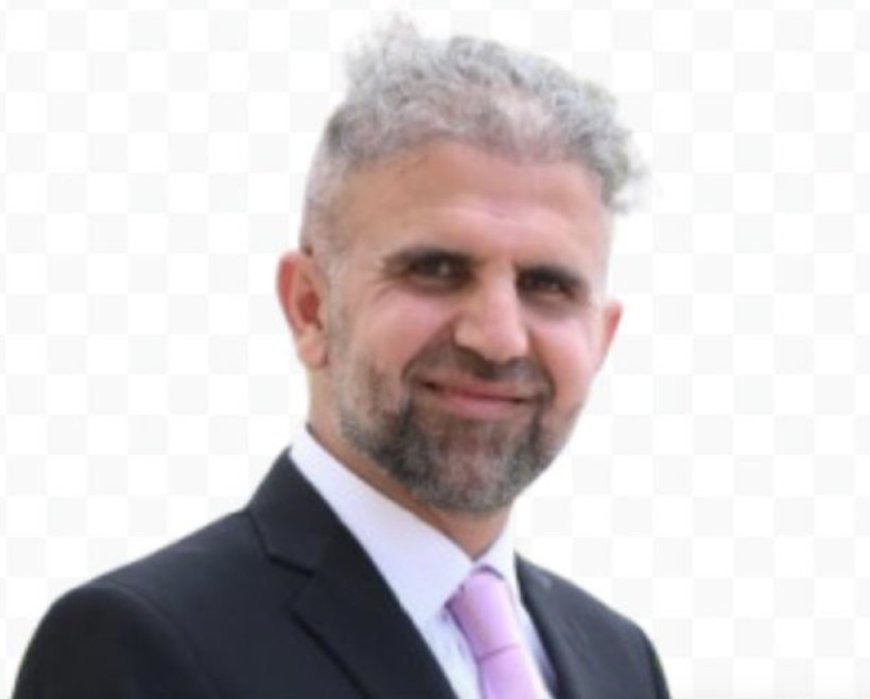
The Middle East remains a region marked by acute geopolitical sensitivity, resulting from a historically entrenched nexus of political, religious, economic, and cultural complexities. These interrelated dimensions not only fuel persistent volatility but also underscore the region’s centrality in global strategic calculations.
Within this contentious landscape, the Kurdistan Region of Iraq has positioned itself as an actor promoting stability, moderation, and diplomatic engagement. Eschewing polarized ideological alignments, the Kurdistan Regional Government (KRG) advances a policy framework grounded in pragmatic diplomacy and conflict de-escalation. The region consistently articulates its foundational foreign policy objective: to function as a stabilizing force within a fragmented regional order.
This orientation is most clearly demonstrated in the KRG’s nuanced relationship with the Islamic Republic of Iran. Given Iran’s entrenched influence in Iraq and its broader strategic aspirations in the Middle East, the Kurdistan Region’s approach necessitates a calibrated diplomatic posture. The KRG seeks to manage this relationship with deliberate balance—maintaining productive ties with Tehran, while simultaneously preserving strategic partnerships with Ankara and the federal government in Baghdad. To this end, the KRG emphasizes sustained communication and diplomatic engagement with Iranian counterparts at multiple levels of governance, thereby mitigating risks of escalation and fostering regional equilibrium.
The Kurdistan Region’s diplomacy vis-à-vis Iran is characterized by neither subservience nor antagonism. Instead, it reflects a pragmatic, interest-based model that has enhanced Erbil’s credibility in Iranian political discourse. Under the leadership of President Nechirvan Barzani, the KRG has achieved a level of recognition and access unprecedented for a subnational entity. President Barzani’s participation in regional and international dialogues alongside senior Iranian officials reflects this shift. Notably, his remarks during a recent visit to Tehran—where he acknowledged Iran’s historical support for Kurdish leadership during Iraq’s Ba’athist era—underscore a diplomatic strategy rooted in mutual respect and historical memory. Such narratives serve to humanize interstate relations and create openings for deeper cooperation beyond formal diplomacy.
In the context of the Syrian conflict, the KRG has adopted a cautiously neutral stance. It supports negotiated political solutions while refraining from endorsing Kurdish factions that may act counter to Iranian strategic interests. Similarly, with respect to Iran’s nuclear program and the international sanctions regime, the KRG has maintained a posture of restraint. This approach is intended to preserve the region’s delicate balancing act between its relationships with Tehran and with Western states, particularly the United States.
Moreover, the presence of Iranian opposition groups in the Kurdistan Region adds another layer of complexity to regional dynamics. The Kurdistan Regional Government (KRG) has pledged to uphold fundamental human rights while preventing its territory from being used to launch destabilizing activities against neighboring countries. This balanced policy of non-interference has earned support from both Iran and the international community, strengthening the KRG’s image as a responsible and independent political entity.
Economically, the Kurdistan Region has pursued a shift from cautious engagement to proactive economic cooperation with Iran. Trade and investment have become central components of bilateral relations, particularly in key sectors such as energy, industry, and agriculture. Iranian capital continues to flow into the Kurdistan Region’s energy infrastructure, particularly in electricity and natural gas, facilitated by reciprocal agreements and institutional guarantees. These developments signal a transition from a purely political relationship to one underpinned by mutual economic interdependence.
In summation, the Kurdistan Region has effectively institutionalized its identity as a stabilizing actor in the Middle East. Through strategic diplomacy, economic integration, and a commitment to regional coexistence, the KRG has elevated its status from a peripheral administrative region to a significant player in regional geopolitics. Erbil is increasingly viewed as a center for political dialogue and economic opportunity—one whose trajectory may be likened to that of global economic hubs such as Dubai. Even Iran, historically cautious in its dealings with the KRG, now recognizes the region as a viable partner in both economic collaboration and regional diplomacy.

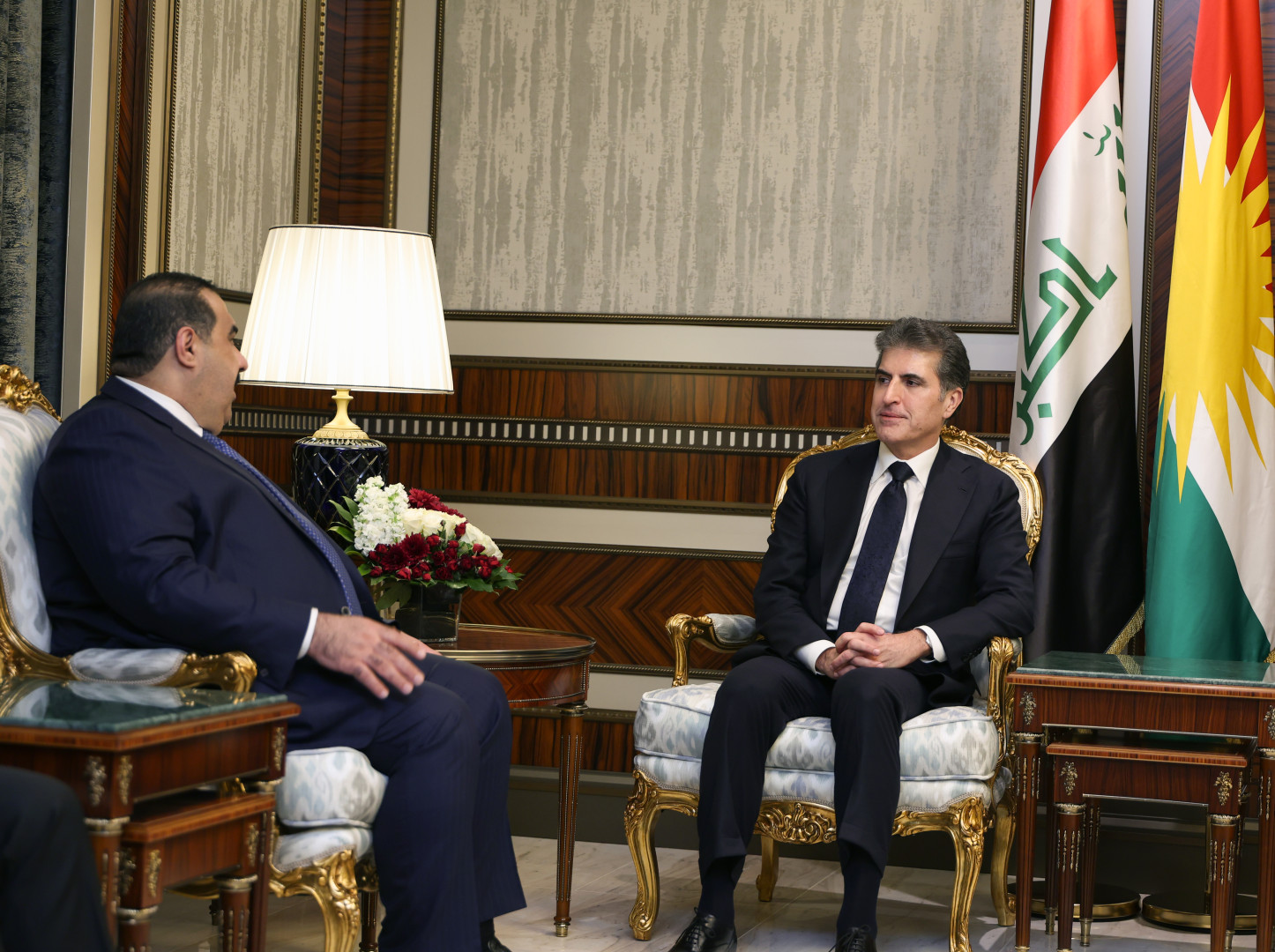

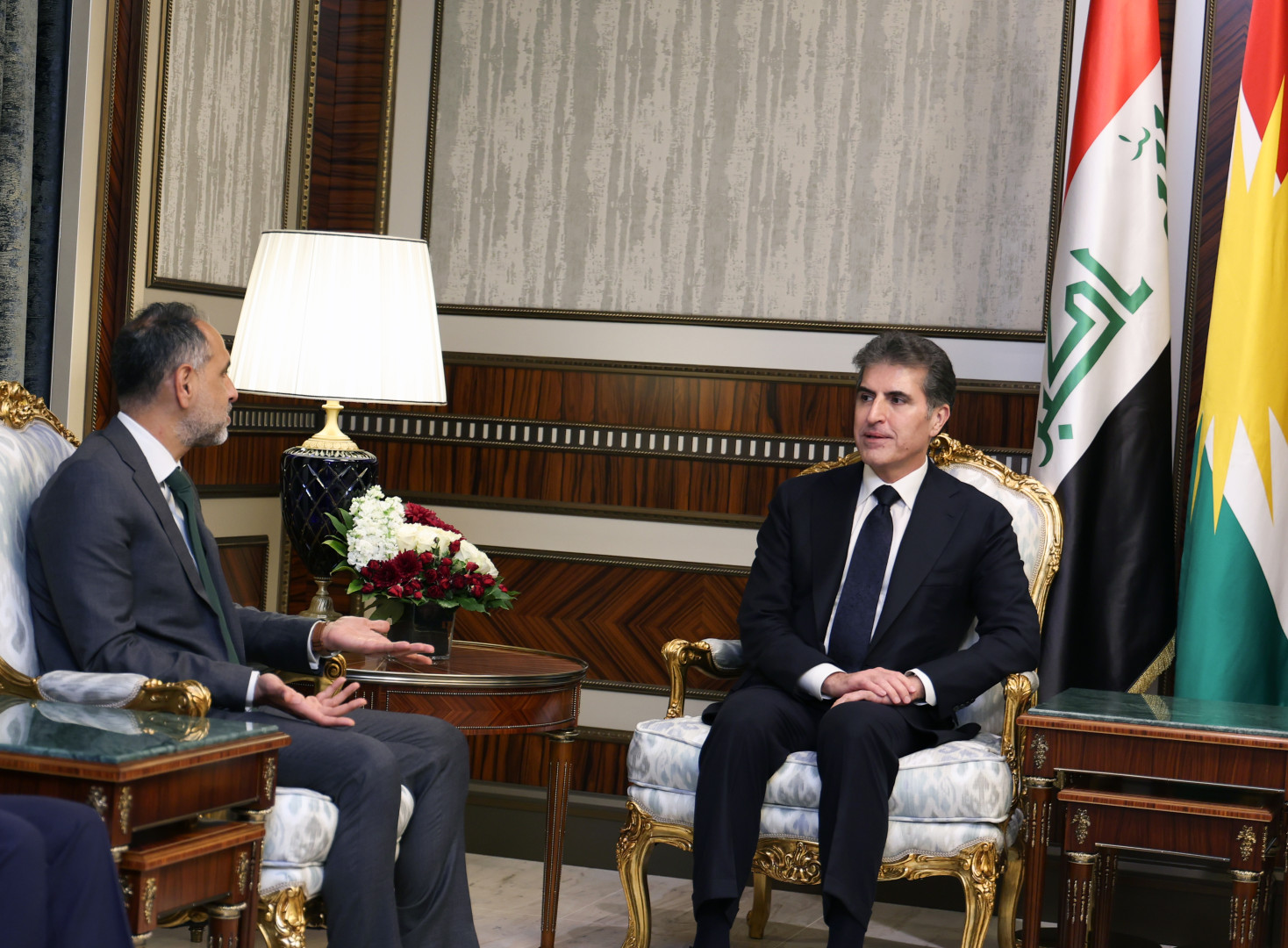



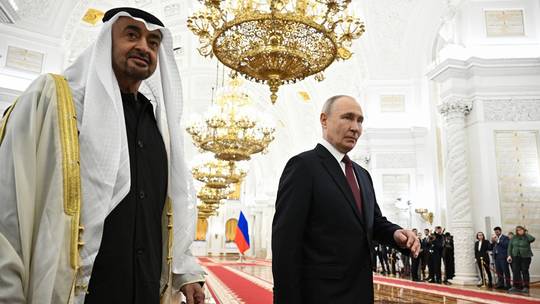
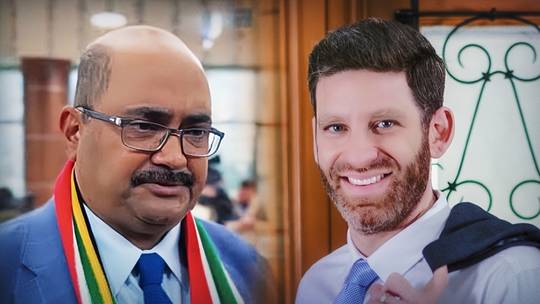









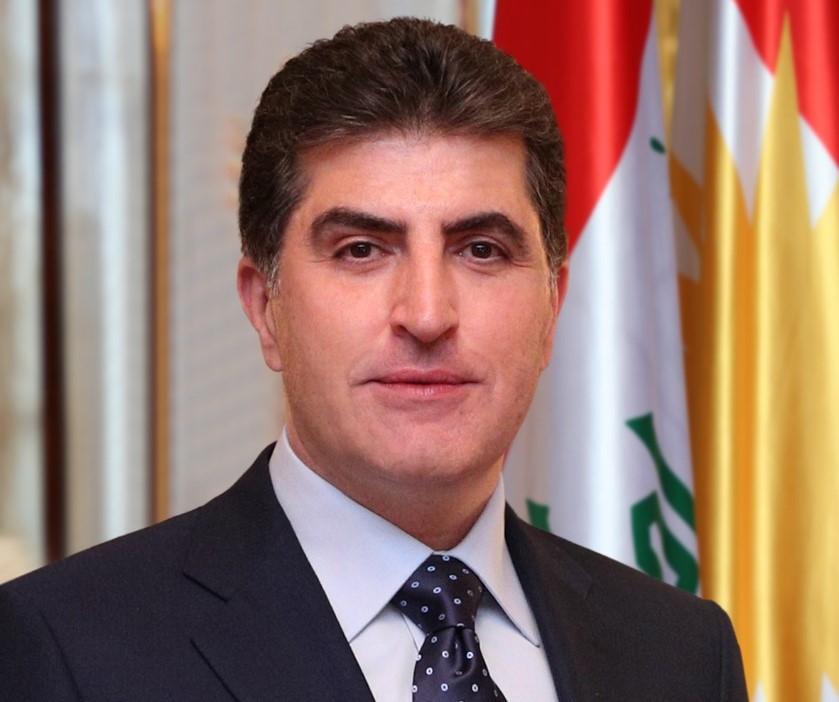



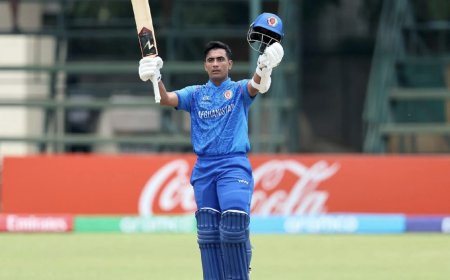
/file/attachments/orphans/IMG_9103_429753.jpeg)






